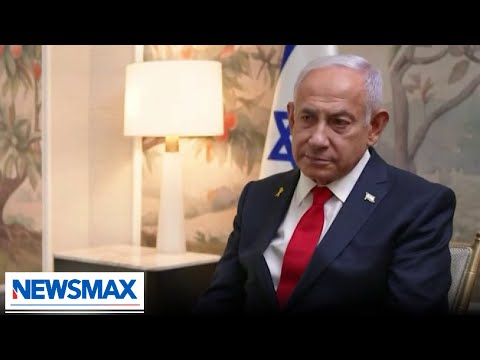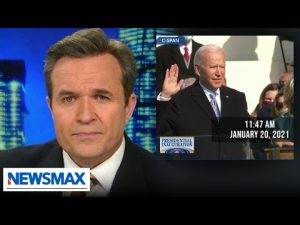In a recent discussion regarding the ongoing tension in the Middle East, a prominent figure painted a vivid picture of the current state of affairs, emphasizing the need for a fresh approach. The thoughts expressed reflected not only a sense of urgency but also a strong belief in Israel’s ability to reshape the region. President Trump has been depicted as an unwavering ally of Israel, and the leader’s actions have inspired optimism about the future. The message was clear: with determination and strategy, peace could be achievable, but first, the war must be decisively won.
The speaker detailed the significant achievements during the Trump administration, claiming that they successfully disrupted the so-called Iran axis, which includes various regional adversaries. With a hefty dose of enthusiasm, they explained how their government took bold steps against groups like Hamas in Gaza and Hezbollah in Lebanon, claiming these actions fundamentally altered the probability of future conflicts. The narrative suggested that this momentum could lead to a transformation in the Middle East, potentially spreading the Abraham Accords—a historic set of agreements fostering relations between Israel and several Arab nations—to even more countries, not limited to just Arab ones.
However, to secure lasting peace, the speaker firmly stated that the priority must be to eliminate threats from Hamas and ensure that the organization can no longer pose a danger to Israel. The images and accounts of atrocities committed by Hamas were described as nothing short of horrifying. The intensity of the rhetoric underscored a belief that this group cannot escape accountability. The speaker promised a thorough effort to rescue hostages and ensure their safe return, declaring that every time a hostage is freed alive, it is a sign of hope and strength.
In this critical conversation, it was noted that eliminating the threat posed by Hamas involves not only military actions but also humanitarian ones. They underscored the need for a new strategy to manage Gaza’s governance, seeking to transform it from a “terrorist enclave” to a place where peace can flourish. This vision was paired with the assertion that no more funding should go to organizations that promote violence or support terrorism, which has been an ongoing concern in U.S. foreign aid.
Moreover, the talk brought attention to the United Nations Relief and Works Agency (UNRWA), which the speaker indicated perpetuates issues rather than resolves them. With a strong stance against funding that indirectly supports violence, there was a call for re-evaluation of how humanitarian aid is distributed and utilized. By presenting these issues plainly, the speaker aimed to rally support for a new path forward, one that might finally lead to a time of hope and stability in a region that has known so little of it.
With the stakes as high as they currently are, the conversation reflects a broader desire for actionable solutions and a plea for unity among allies. The vision articulated promises not just a victory over adversaries but also an opportunity to build a brighter future for all nations involved.



